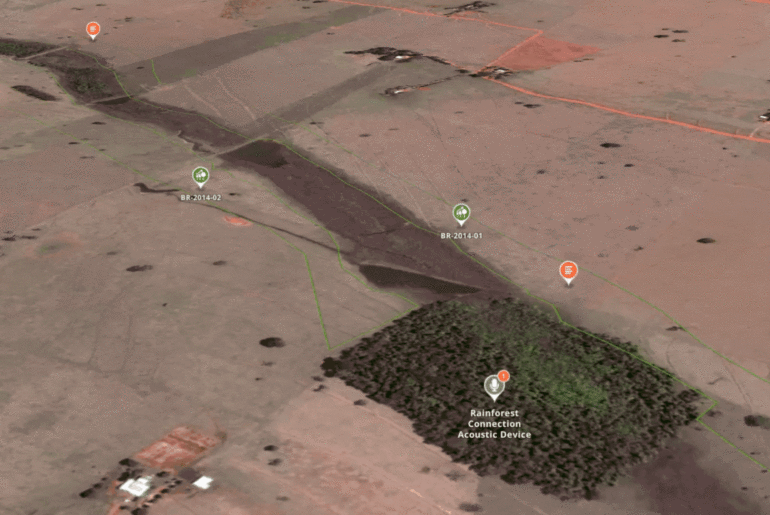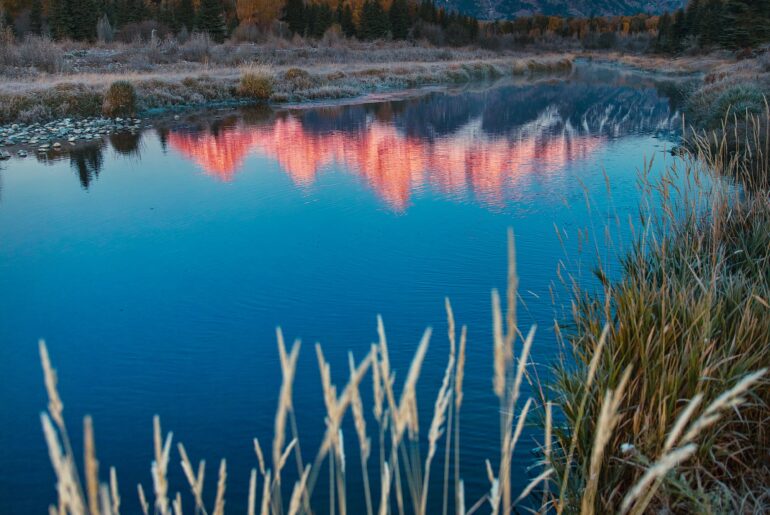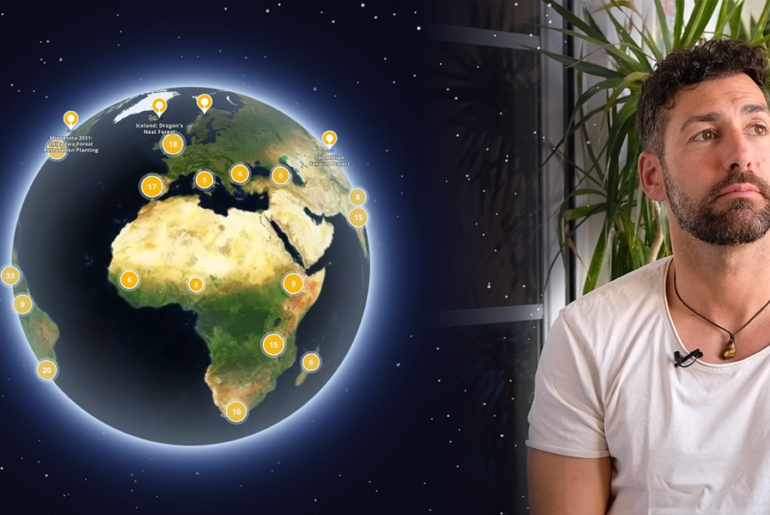This project is part of the explorer.land project stage at NOAH Zurich (6-7th Dec) that aims to facilitate investments & funding towards impactful restoration and conservation projects.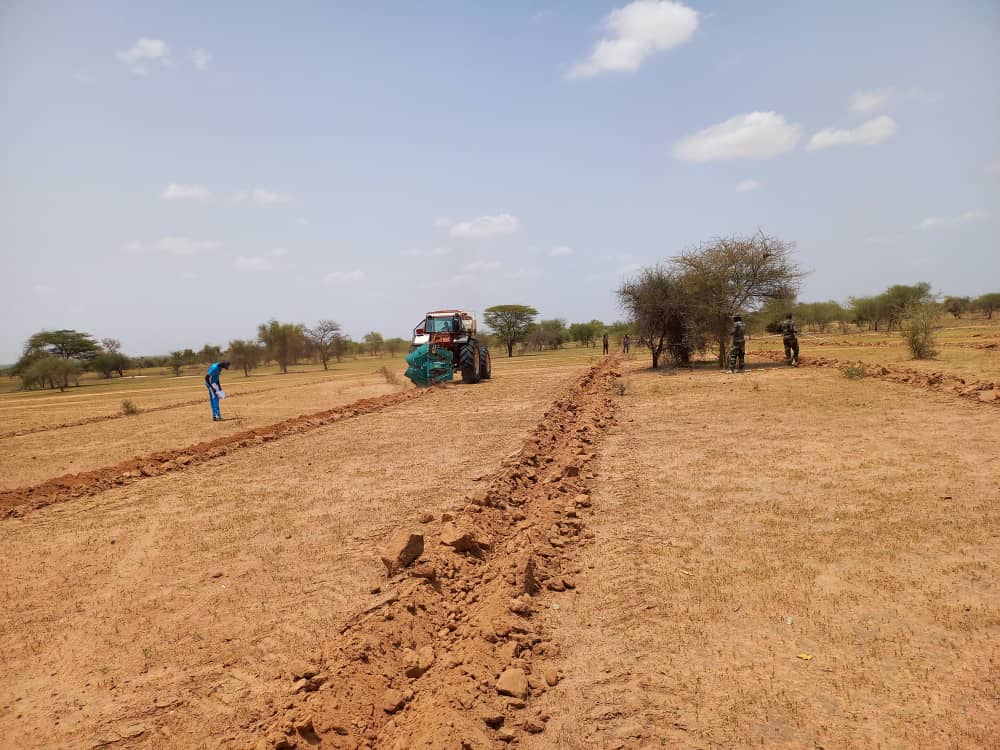

Investment need: US$14 million
Restoration target: > 50,000 hectares Ethiopia and Senegal
Social impact: support 23,000 families in Ethiopia
About
The Great Green Wall is an African-led initiative that began in 2007 aiming to prevent the advance of the Sahara Desert with ambitious goals to reforest 8,000 km across the entire width of Africa. It is an incredible ambition for one of the world’s poorest regions. The limited success of large-scale restoration to date is due, in part, to local community adoption as well as technical challenges of seedling survival in such low rainfall areas. By the end of 2030, WeForest aims to overcome those challenges and regenerate and reforest 39,000 ha, supporting the lives of over 23,000 families. Restoration is more than planting trees, it delivers better food security for families. Restoration increases grass quality and availability for livestock upon which the communities depend, provides fruit for improving income and nutrition, and delivers a sustainable supply of fuelwood to reduce pressure on natural forests.

Speaker: Jessica Chalmers
Director of Partnerships, WeForest
This is the front-line of climate change. Families here are skilled managers of scarce and ever changing resources yet they see an uncertain future. For the first time, they are part of a restoration initiative that, they say, has the chance to “bring back rain”
Investments for scaling up
WeForest is currently restoring over 11,000 ha in five regions of Ethiopia, in partnership with local community groups, local and regional governments, and businesses. Over the next 5 years, we will scale-up our programme to bring another 10,000 ha under restoration, catalyzing a new-era for science-based community restoration.





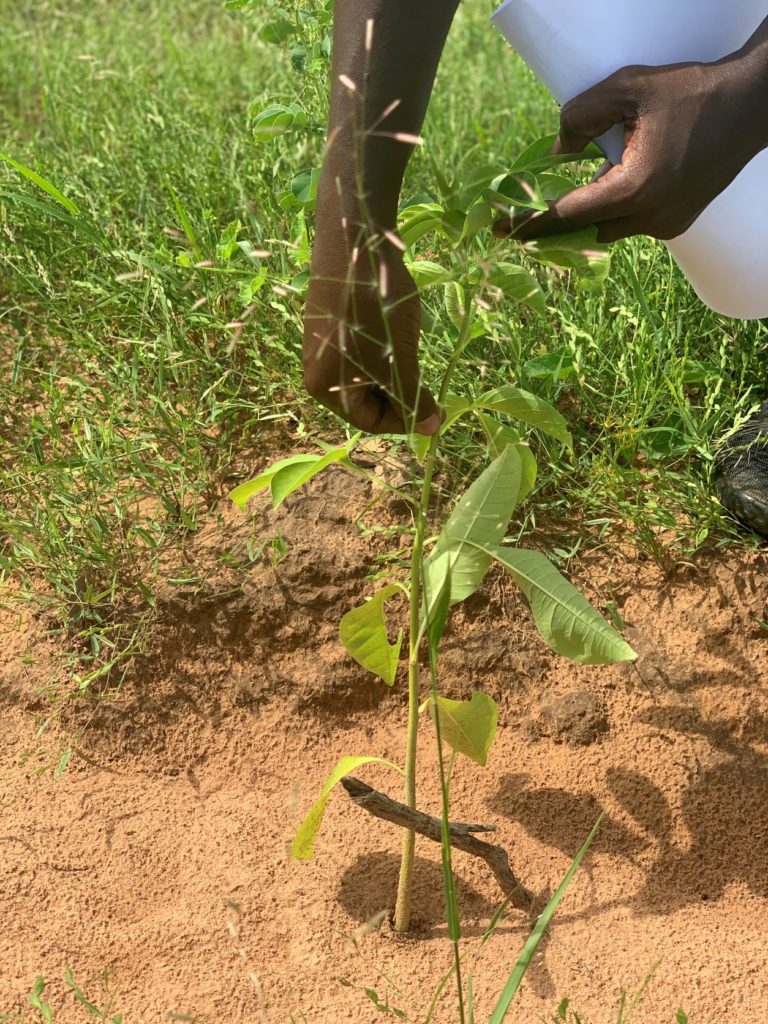


New funding will help us expand our work in Senegal, where we aim to restore 1,000 ha of degraded and dry land by 2024. Pastoralist communities will be front and center of the restoration, working alongside our local partners AVSF, and national research institutes ISRA and CIRAD. On-site scientific research, new native and fruiting tree crops like the baobab – the “Mother of the Sahel”, and social research with pastoralist communities will unlock the potential for successful restoration in this region.

Connect to this project and many more
Join the explorer.land project stage at NOAH Zurich (6-7th Dec 2022), The Circle, Zurich Airport.




